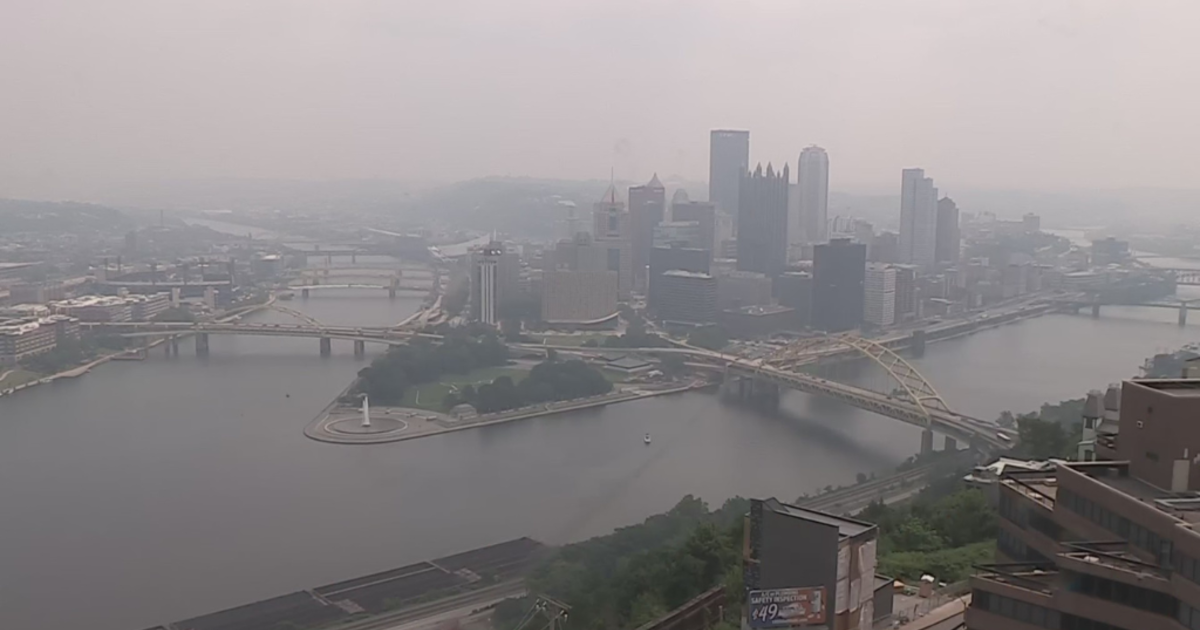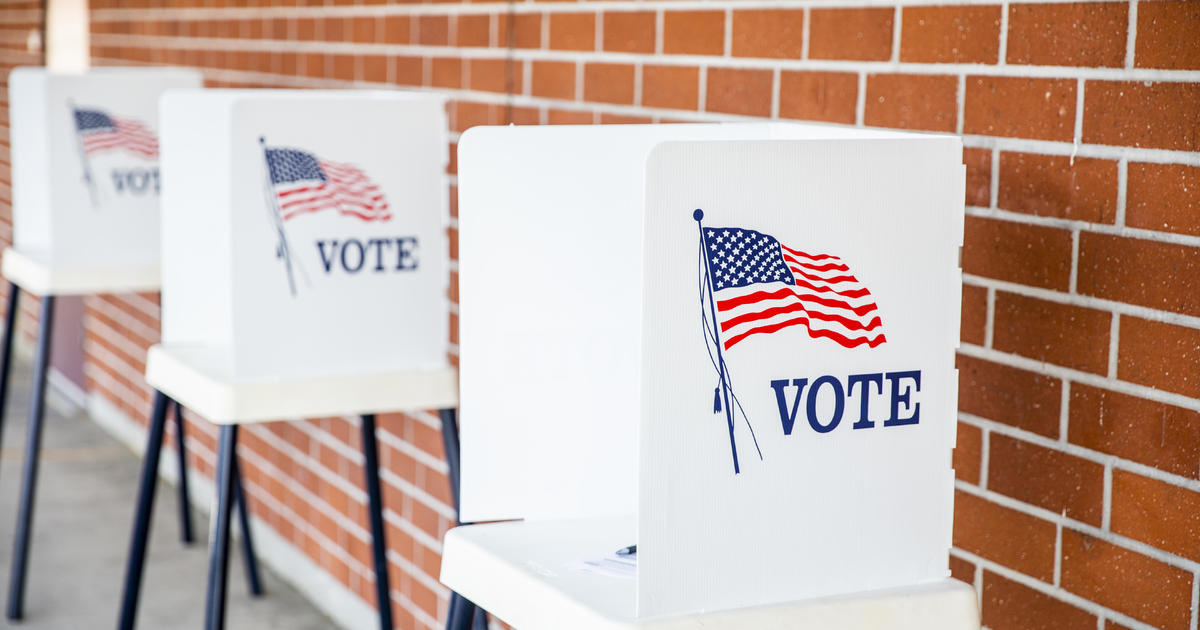Release Of Oil Reserves May Do Little To Blunt Gasoline Price Hikes, Say Some Energy Experts
PITTSBURGH (KDKA) -- In his State of the Union remarks Tuesday night, President Joe Biden announced that a number of countries were releasing millions of barrels of oil from reserves around the world.
The United States is the largest oil producer in the world. Russia is second, with Saudi Arabia a close third.
Despite Russia's brutal attack on Ukraine, however, nobody has placed sanctions on Russian oil, but worries about supply from Russia have jacked up the price of oil to over $100 a barrel. And the price at the pump is going up, too.
"It's entirely possible that we're going to see gasoline hit prices in Pennsylvania that we haven't ever seen," Jim Garrity, a spokesperson for AAA, told KDKA money editor Jon Delano.
Garrity says gasoline prices locally could hit $4.20 a gallon, a record, which is why President Biden had these words on Tuesday.
"I can announce the United States has worked with 30 other countries to release 60 million barrels of oil from reserves around the world," said Biden. "These steps will help blunt gas prices here at home. But I know news about what's happening can seem alarming to all Americans. But I want you to know we're going to be OK."
Sixty million barrels, half from U.S. reserves, may sound like a lot, but University of Pittsburgh energy economist Jeremy Weber notes, "The release that has been announced amounts to -- if it were spread over a month -- about 2 percent of global oil consumption. So, that's not a lot, but it's something."
Is it enough to affect gasoline prices in this region or in the U.S.? Not really, says Patrick DeHaan, head of petroleum analysis for Gas Buddy.
"It should have been a larger release given the context, given the war, given the fact that Russia's the second-largest oil producer globally. But as we're seeing the response, as you mentioned, oil prices are surging, at one point reaching $110 a barrel on this kind of disappointing announcement in terms of how small the release is," says DeHaan.
Of course, some experts say you cannot always assess the effectiveness of a release of oil immediately after the announcement. It may take some weeks.
"My concern is that Pittsburgh could see all-time record highs. We could see prices approach $4.25 or even $4.50 a gallon," says DeHaan.
DeHaan says it's not just worrying over Russian supplies. It's also increased summer driving and the changeover to more expensive summer-blend gasoline. Weber says recent low prices may have been unusual.
"In 2010, 11, 12, 13, 14, oil was averaging around $100 a barrel for that entire period, so this is not uncharted territory for the U.S. or the global oil market," Weber said.
Still, nobody wants to pay over $4 a gallon for gas like those old days.
"We could very easily see record-setting prices in Pennsylvania," says Garrity. "Consumers need to know that now and make changes now."
Garrity says to save money, drive your most fuel-efficient vehicle, consolidate your trips out in a car, watch your tire pressure, use cruise control, and "one of the most practical things you can do is slow down. There is no advantage to speeding."
Experts say the government could also suspend summer-blend gasoline rules, release more oil from the strategic petroleum reserve, and encourage more domestic drilling while beefing up enforcement against price-gouging.
As for current gas prices, AAA says, surprisingly, our local gasoline prices here are below the state average of $3.79 a gallon. Believe it or not, the lowest average price in the whole state is in nearby Armstrong County at $3.66 a gallon.



